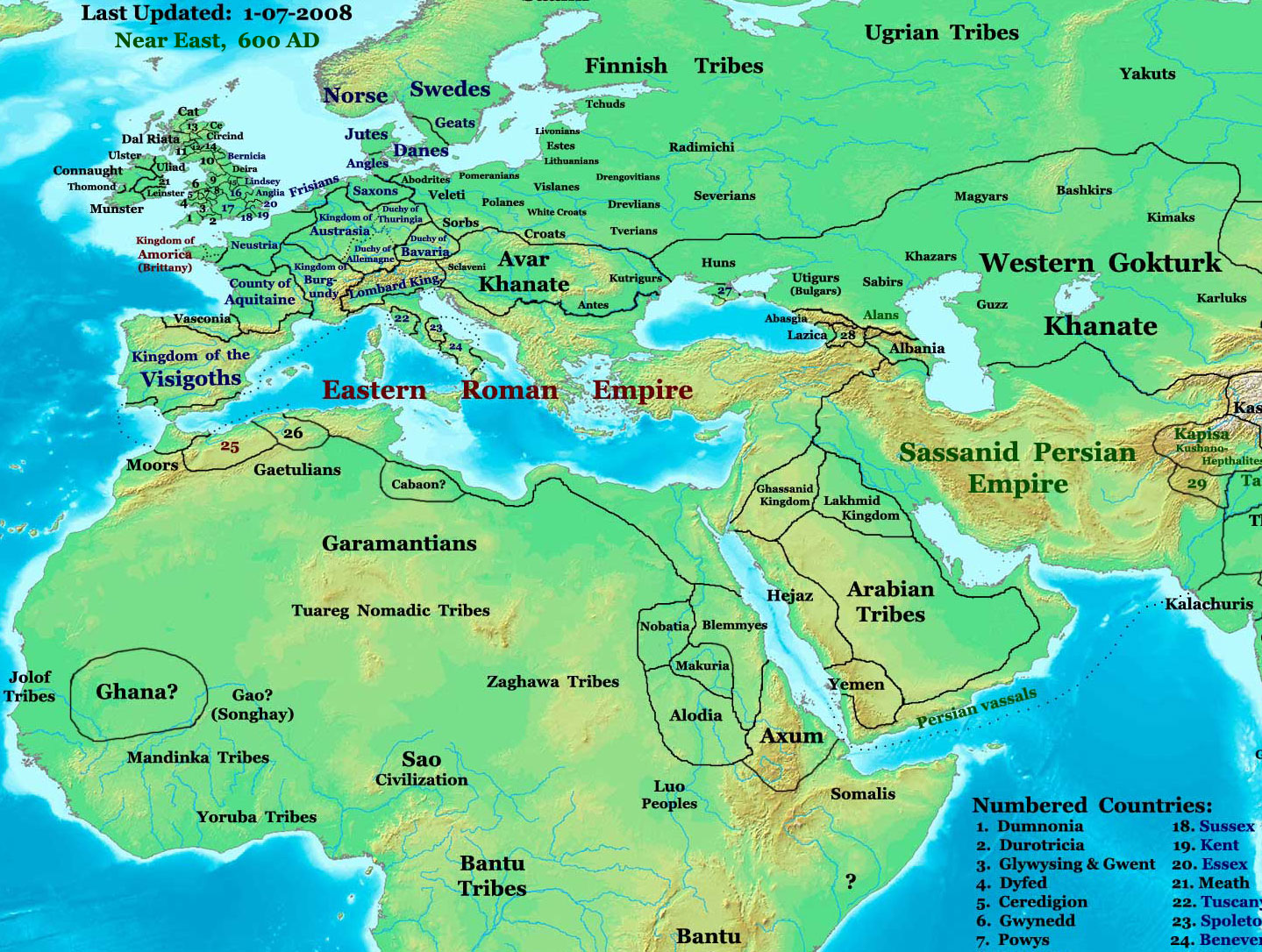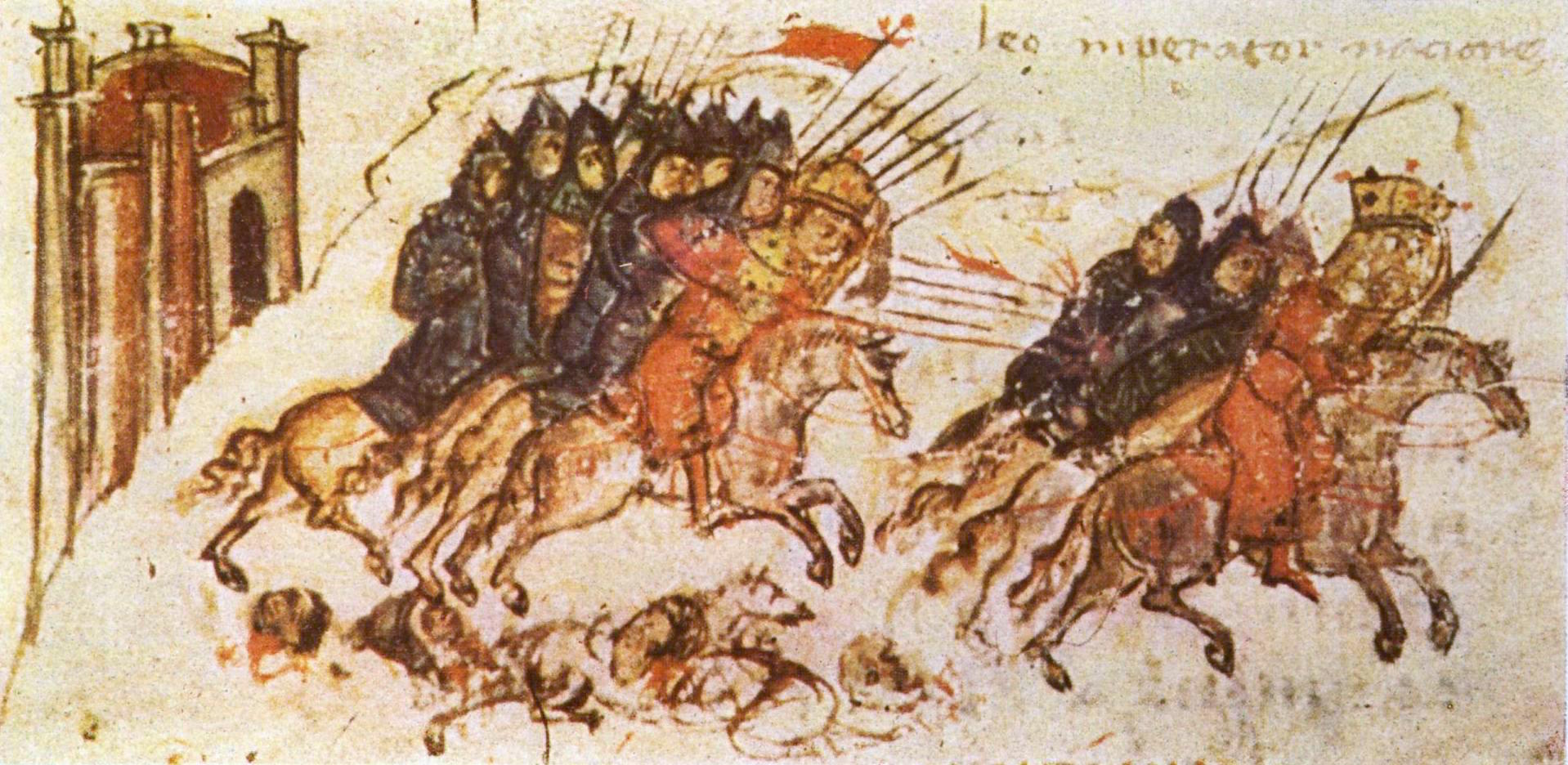|
Kutrigurs
The Kutrigurs were a Turkic nomadic equestrian tribe who flourished on the Pontic–Caspian steppe in the 6th century AD. To their east were the similar Utigurs and both possibly were closely related to the Bulgars. They warred with the Byzantine Empire and the Utigurs. Towards the end of the 6th century they were absorbed by the Pannonian Avars under pressure from the Türks. Etymology The name ''Kutrigur'', also recorded as ''Kwrtrgr'', ''Κουτρίγουροι'', ''Κουτούργουροι'', ''Κοτρίγουροι'', ''Κοτρίγοροι'', ''Κουτρίγοροι'', ''Κοτράγηροι'', ''Κουτράγουροι'', ''Κοτριαγήροι'', has been suggested as a metathecized form of Turkic ''*Toqur- Oğur'', with ''*quturoğur'' meaning "nine Oğur (tribes)". David Marshall Lang derived it from Turkic ''kötrügür'' (conspicuous, eminent, renowned). Few scholars support theories deriving the Kutrigurs from the Guti/Quti and the Utigurs from the Ud ... [...More Info...] [...Related Items...] OR: [Wikipedia] [Google] [Baidu] |
Utigurs
Utigurs were Turkic nomadic equestrians who flourished in the Pontic–Caspian steppe in the 6th century AD. They possibly were closely related to the Kutrigurs and Bulgars. Etymology The name ''Ut(r)igur'', recorded as , and , is generally considered as a metathesized form suggested by Gyula Németh of Turkic ''*Otur- Oğur'', thus the ''*Uturğur'' mean "Thirty Oğurs (tribes)". Lajos Ligeti proposed ''utur-'' (to resist), while Louis Bazin ''uturkar'' (the victors-conquerors), ''Quturgur'' and ''qudurmaq'' (the enrages). There has been little scholarly support for theories linking the names Kutrigur and Utigur to peoples such as the Guti/Quti and/or Udi/Uti, of Ancient Southwest Asia and the Caucasus respectively, which have been posited by scholars such as Osman Karatay, and Yury Zuev. No evidence has been presented that the Guti moved from their homeland in the Zagros Mountains (modern Iran/Iraq) to the Steppes, and they are believed to have spoken a language differ ... [...More Info...] [...Related Items...] OR: [Wikipedia] [Google] [Baidu] |
Bulgars
The Bulgars (also Bulghars, Bulgari, Bolgars, Bolghars, Bolgari, Proto-Bulgarians) were Turkic peoples, Turkic Nomad, semi-nomadic warrior tribes that flourished in the Pontic–Caspian steppe and the Volga region between the 5th and 7th centuries. They became known as Eurasian nomads, nomadic equestrians in the Volga-Ural region, but some researchers trace Bulgar ethnic roots to Central Asia. During their westward migration across the Eurasian Steppe, the Bulgar tribes absorbed other tribal groups and cultural influences in a process of ethnogenesis, including Iranian peoples, Iranic, Finno-Ugric peoples, Finno-Ugric, and Huns, Hunnic tribes. The Bulgars spoke a Turkic languages, Turkic language, the Bulgar language of the Oghur languages, Oghuric branch. They preserved the military titles, organization, and customs of Eurasian steppes as well as pagan shamanism and belief in the sky deity Tengri, Tangra. The Bulgars became semi-sedentary during the 7th century in the Pontic- ... [...More Info...] [...Related Items...] OR: [Wikipedia] [Google] [Baidu] |
Onogurs
The Onoghurs, Onoğurs, or Oğurs (Ὀνόγουροι, Οὔρωγοι, Οὔγωροι; Onογurs, Ογurs; "ten tribes", "tribes") were a group of Turkic nomadic equestrians who flourished in the Pontic–Caspian steppe and the Volga region between the 5th and 7th centuries, and spoke an Oghuric language. Etymology The name ''Onoğur'' is widely thought to derive from ''On-Oğur'' "ten Oğurs (tribes)". Modern scholars consider Turkic terms for tribe ''oğuz'' and ''oğur'' to be derived from Turkic ''*og/uq'', meaning "kinship or being akin to". The terms initially were not the same, as ''oq/ogsiz'' meant "arrow", while ''oğul'' meant "offspring, child, son", ''oğuš/uğuš'' was "tribe, clan", and the verb ''oğša-/oqša'' meant "to be like, resemble". The modern name of "Hungary" (see name of Hungary) is usually believed to be derived from On-Oğur (> (H)Ungari). Language The Onoghuric or Oghuric languages are a branch of the Turkic languages. Some scholars suggest ... [...More Info...] [...Related Items...] OR: [Wikipedia] [Google] [Baidu] |

